20 of the best good news stories from 2022
From the development of GM soya beans to a surge in greenfinch sightings, there were plenty of things to smile about in 2022
- 1. Army officer becomes first woman of colour to ski alone to South Pole
- 2. Couple celebrate their 81st wedding anniversary
- 3. New Covid antiviral treatment
- 4. Pensioner saves bus route by self-funding it
- 5. Congressional medal for all-black, all-female Second World War battalion
- 6. ‘Glimmer of hope’ for greenfinch populations
- 7. $35 charity shop buy is missing Roman relic
- 8. Rembrandt rediscovered
- 9. James Webb telescope’s ‘ravishing’ first images
- 10. Top win for young Ukrainian mathematician
- 11. GM soya beans provide hope for farmers
- 12. Most social media posts directed at Lionesses were positive
- 13. Village hedgehog highways a success
- 14. Huge step forward for cancer vaccine
- 15. Headband could put an end to nightmares
- 16. A cure for Alzheimer’s could be close
- 17. A brain cancer breakthrough
- 18. Jack Grealish’s good heart
- 19. Potatoes ‘can help you lose weight’
- 20. Veronica Ryan, 66, wins the Turner Prize
A free daily email with the biggest news stories of the day – and the best features from TheWeek.com
You are now subscribed
Your newsletter sign-up was successful
1. Army officer becomes first woman of colour to ski alone to South Pole
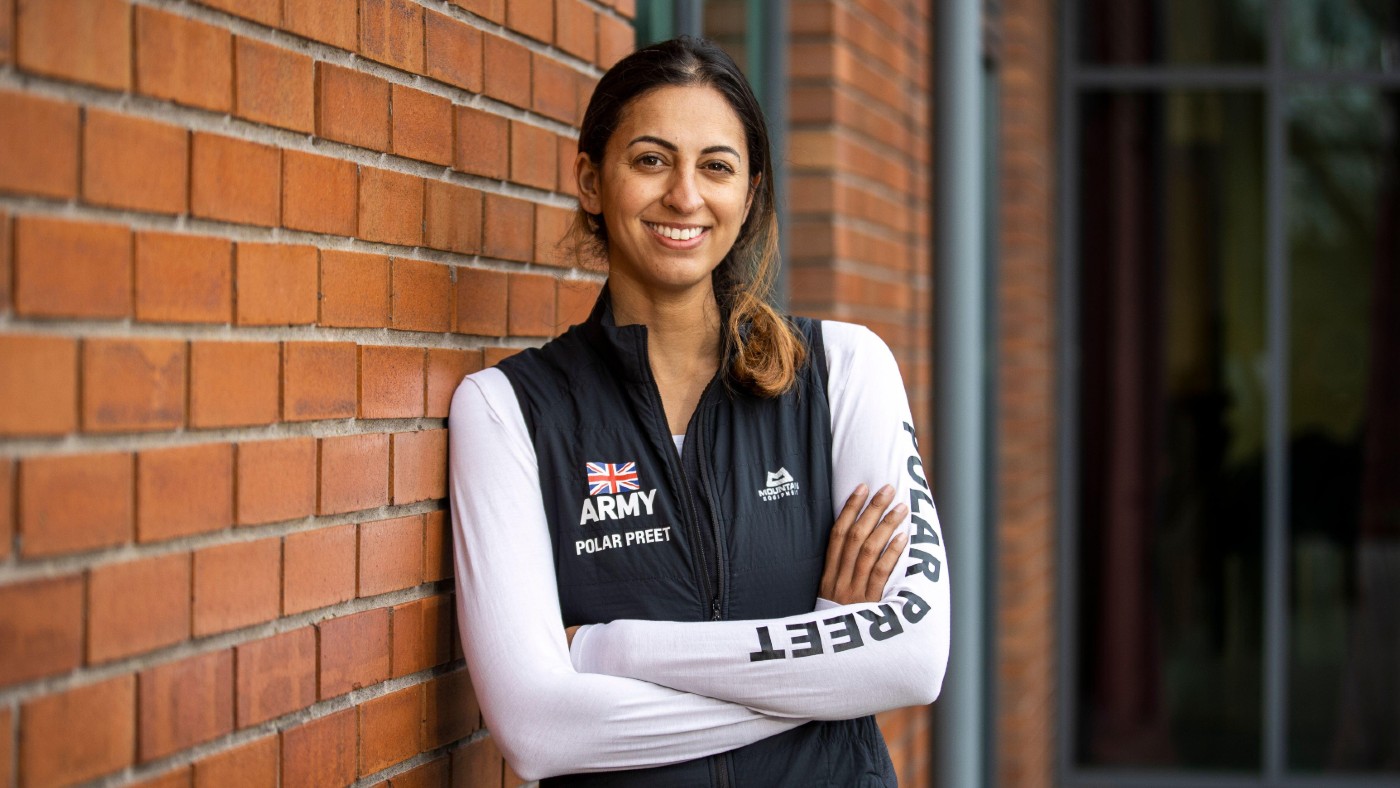
January
An Army physiotherapist from Derby became the first woman of colour to ski alone to the South Pole. Preet Chandi, or “Polar Preet”, completed the 700-mile journey in 40 days, braving temperatures of -50C and finishing five days ahead of schedule. When she announced she was going to the South Pole, her family was bemused, asking, “You’re going to Southall?” “I was like, ‘No, not Southall, the South Pole!’” Chandi told The Times. She was “proud”, she said, to be “an Indian woman doing something that isn’t expected. Everybody starts somewhere, and the more you do, the more you realise you’re capable of.”
2. Couple celebrate their 81st wedding anniversary
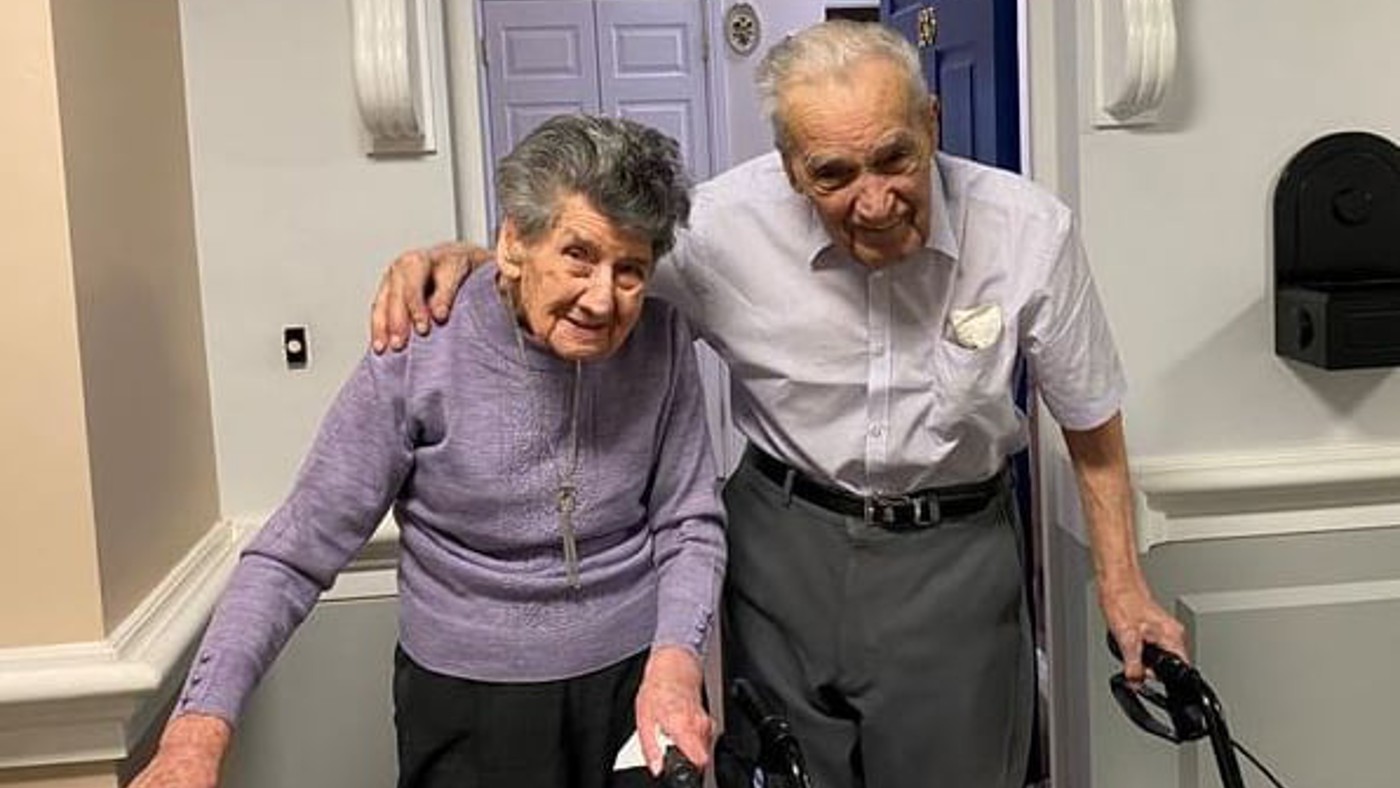
January
The Week
Escape your echo chamber. Get the facts behind the news, plus analysis from multiple perspectives.

Sign up for The Week's Free Newsletters
From our morning news briefing to a weekly Good News Newsletter, get the best of The Week delivered directly to your inbox.
From our morning news briefing to a weekly Good News Newsletter, get the best of The Week delivered directly to your inbox.
Britain’s longest-married couple celebrated their 81st wedding anniversary. Ron and Joyce Bond, 102 and 100 respectively, fell in love at first sight, and married in 1941, aged 21 and 19. “We never expected to reach 81 years,” said Joyce. “It feels excellent! There is no boss in our relationship, we both give and take.” The couple, who have two children (as well as grand, great-grand and great-great-grandchildren) marked the milestone with a cream tea at their retirement village in Milton Keynes. “Sometimes life is hard,” said Ron, “but we work through it together. We look after each other too.”
3. New Covid antiviral treatment

February
A new antiviral treatment for Covid was announced by the government. Pfizer’s Paxlovid drug, which was first approved in December 2021, was shown in trials to cut the risk of being hospitalised or dying of Covid by 88%. Around 1.3 million vulnerable people became eligible to receive the pill if they tested positive. The government bought 2.75 million courses of the drug, which works best when taken within five days of the onset of symptoms.
4. Pensioner saves bus route by self-funding it

February
A free daily email with the biggest news stories of the day – and the best features from TheWeek.com
A pensioner in Dorset stepped in to save a Sunday bus route – by funding the service himself. Alan Williams, 78, said he was happy to pay a “couple thousand pounds” for the X53 to run between Bridport and Lyme Regis twice a day on Sundays until March, when the operator has said there should be enough customers to make the route sustainable. Locals took to social media to thank Williams, who believes buses should run seven days a week. “Fair play to him,” said one grateful resident, “but he shouldn’t need to be doing it.”
5. Congressional medal for all-black, all-female Second World War battalion
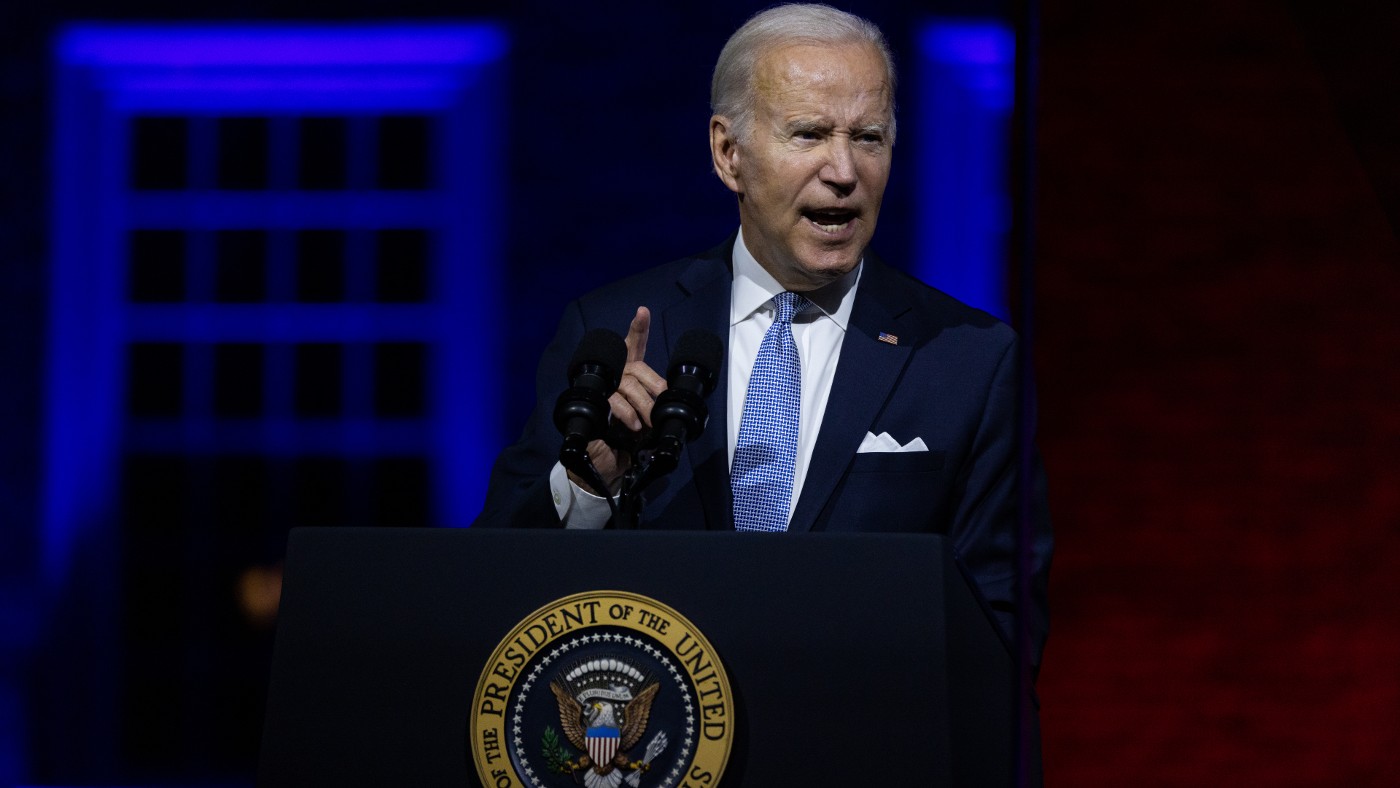
March
Joe Biden signed a bipartisan bill to award a Congressional Gold Medal to the only all-black, all-female battalion to have served overseas in the Second World War. The 850 or so women of the 6888th Central Postal Directory Battalion (known as the Six Triple Eight) were mainly stationed in the West Midlands, where they worked around the clock in unheated warehouses, sorting millions of letters and packages sent to US troops. Their motto was “no mail, low morale”. Only six are still alive, including Fannie Griffin McClendon, 101. “It never occurred to me we would even be considered for a medal of any kind,” she said.
6. ‘Glimmer of hope’ for greenfinch populations
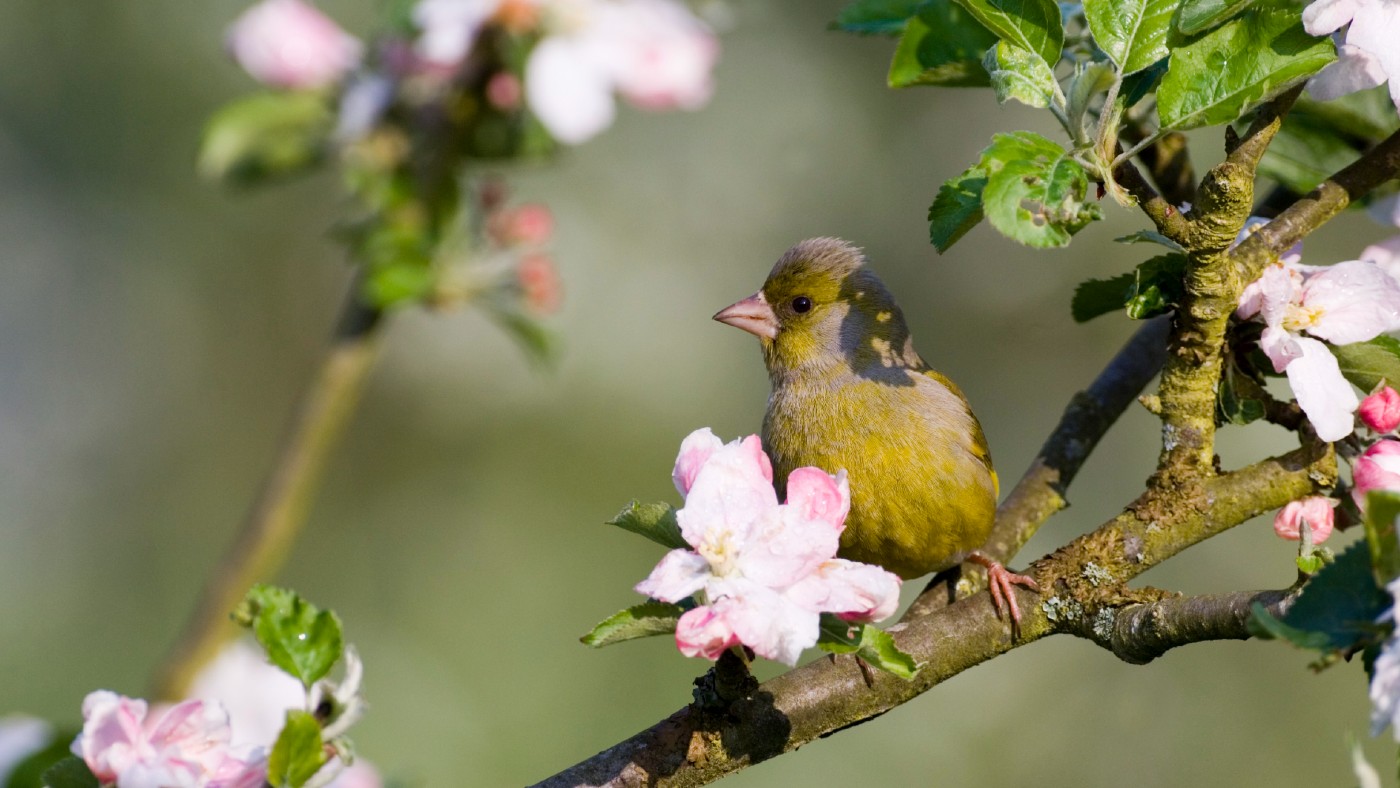
April
Greenfinch populations have plummeted since 1993 because of an outbreak of trichomonosis, a parasitic disease that makes it hard for the birds to swallow. But this year’s Big Garden Birdwatch survey, organised by the RSPB, offered “a glimmer of hope” that populations may finally be recovering. Volunteers contributing to the survey spotted 8% more greenfinches this year than last year – and sightings of jays and bramblings also soared, with both birds rising nine places in the rankings. The house sparrow retained its crown, however, as the most commonly sighted bird, for the 19th year running.
7. $35 charity shop buy is missing Roman relic
May
A marble bust bought for $35 at a charity shop in Texas was identified as a 2,000-year-old Roman relic. Laura Young said that on seeing the bust, she was convinced that it was old and Roman, and experts confirmed her hunch. They also told her that the bust had vanished during the Second World War from a villa in Germany: it is presumed to have been stolen by an Allied soldier. At this point, Young agreed to send it home, in exchange for a finder’s fee. “It was bittersweet since I knew I couldn’t keep or sell it,” she said. “Either way I am glad to have been part of its long and complicated history.”
8. Rembrandt rediscovered
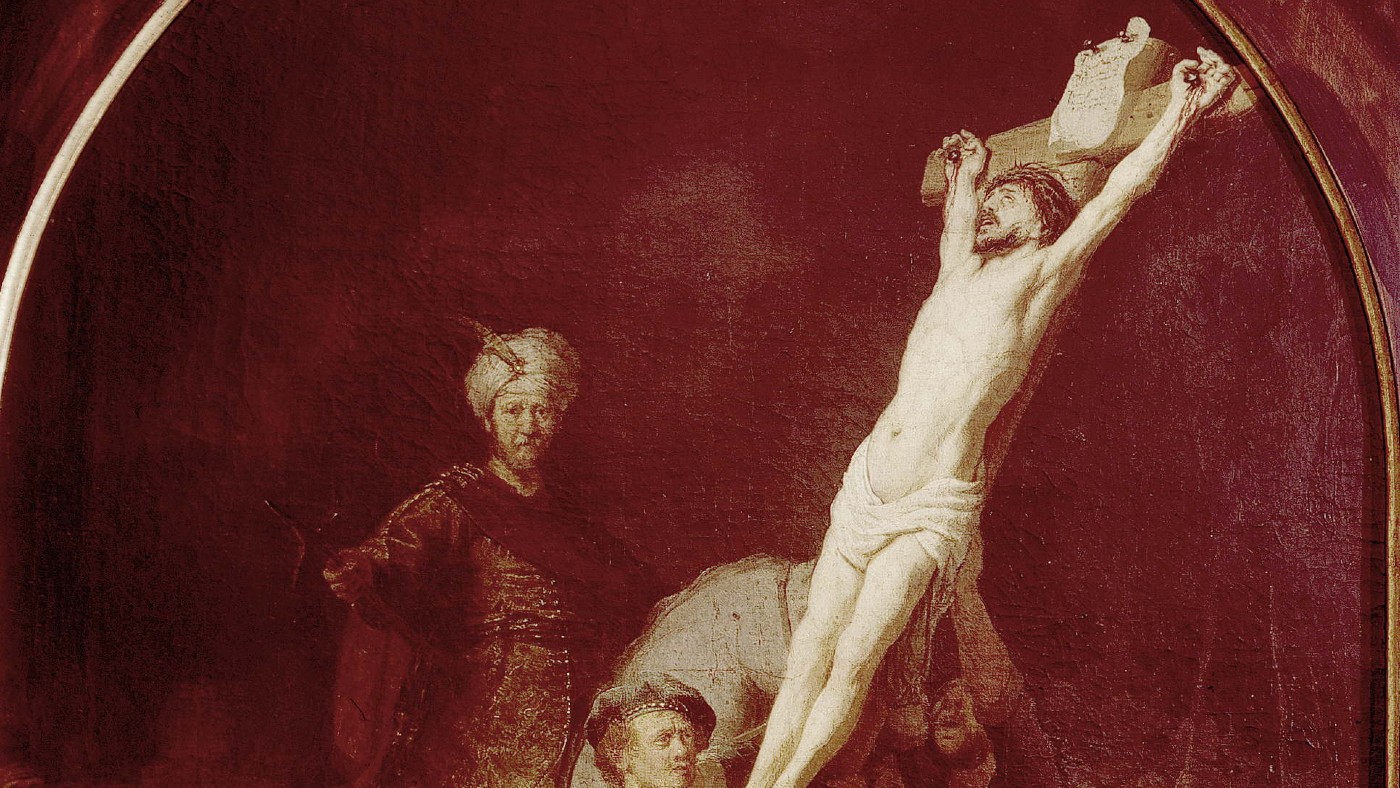
June
An oil sketch stored in the vault of a museum in The Hague was identified as a Rembrandt. The discovery was made by curator Jeroen Giltaij while he was researching his book on the Dutch master. The sketch, The Raising of the Cross, had for years been assumed to be a copy of a Rembrandt; but Giltaij noticed that, in 1935, it had been listed as the real thing. Hi-tech scans of the brushwork showed that it had been worked on, not simply copied, a view confirmed by experts from Amsterdam’s Rijksmuseum.
9. James Webb telescope’s ‘ravishing’ first images

July
Nasa released the first images captured by its $10bn James Webb telescope in July. The images, which are in ravishing colour, offer the most detailed view to date of the early universe, and were unveiled by Joe Biden, who hailed it as a “historic moment” for mankind. One picture shows a galaxy cluster as it appeared 4.6 billion years ago; another shows the Carina Nebula, a “stellar nursery” in which stars are coming into being.
10. Top win for young Ukrainian mathematician
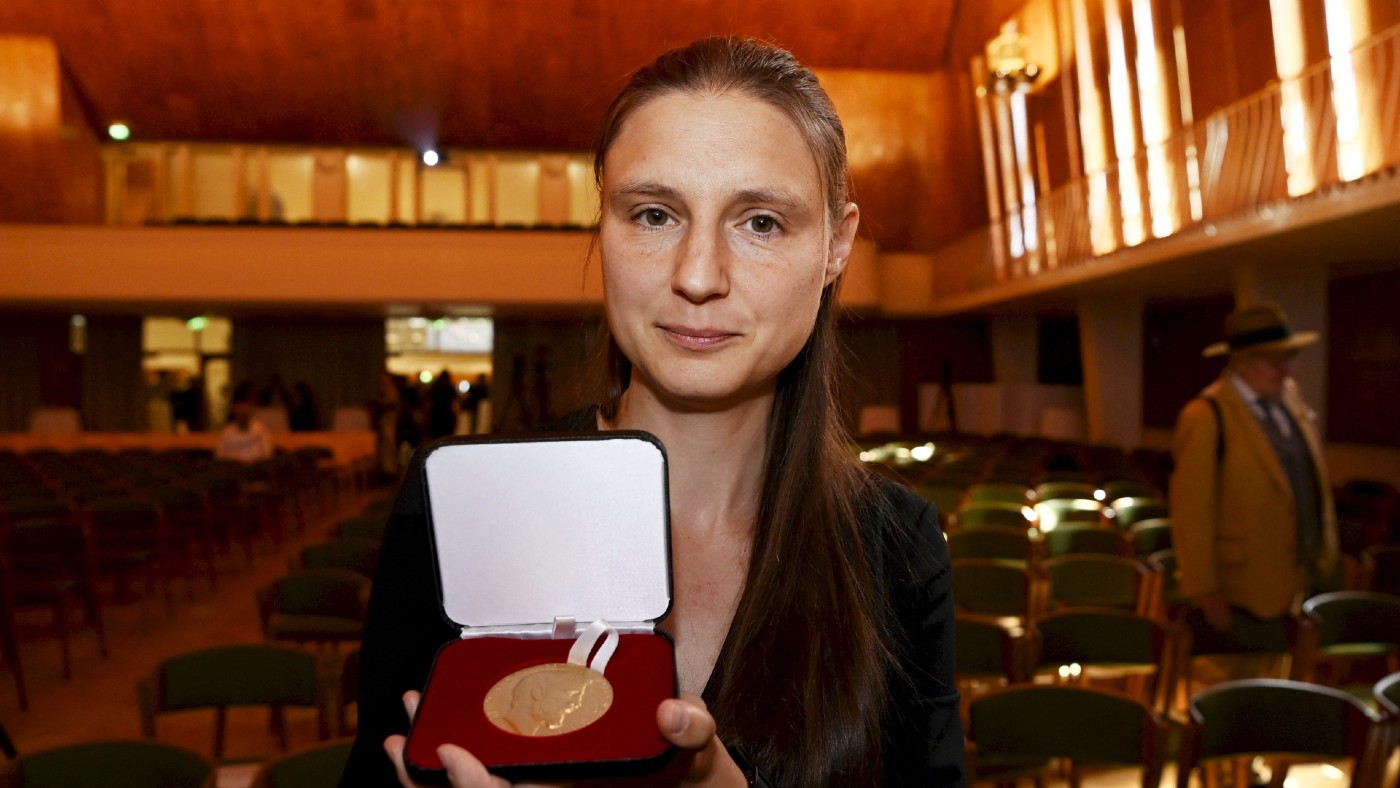
July
A Ukrainian woman was named as one of the four winners of the Fields Medal, a prize awarded every four years to outstanding mathematicians under the age of 40. Maryna Viazovska, who was only the second female recipient of the prestigious award, won it for proving the best way to pack spheres in eight dimensions. “Sphere packing is a very natural geometric problem,” she explained. “You have a big box, and you have an infinite collection of equal balls, and you’re trying to put as many balls into the box as you can.”
11. GM soya beans provide hope for farmers
August
Scientists developed genetically modified soya beans whose yields are 25% larger than those of unmodified crops. The hope is that the crops could increase farmers’ incomes in poorer countries, and reduce greenhouse gas emissions. The team delivered the boost to the plants’ yields by modifying three genes to make their leaves more responsive to lower light conditions. “We think it will work in most crops,” said Stephen Long from the University of Illinois, who co-authored a study in Science on the crops. The team is now working on rice and cowpea plants.
12. Most social media posts directed at Lionesses were positive
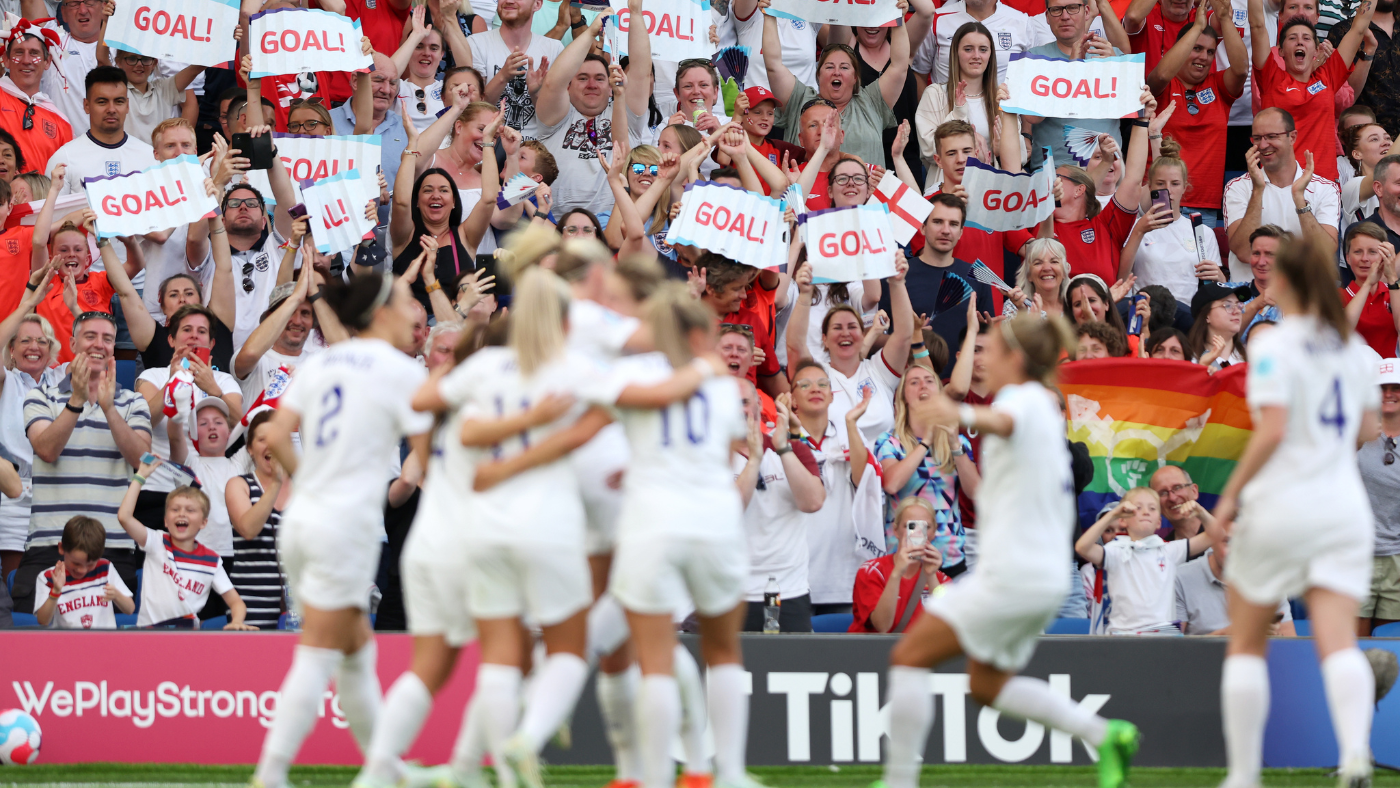
September
A study found that the overwhelming majority of social media posts directed at the members of the England women’s football team over the summer were positive. Researchers at Cardiff University analysed 78,141 posts on Twitter and other sites made between 2 May and 1 August, and found that for every 125 “hope” posts there was only one “hate” one. Most of the positive posts were sent during the Euro final against Germany at Wembley, which the Lionesses won 2-1 after extra-time.
13. Village hedgehog highways a success
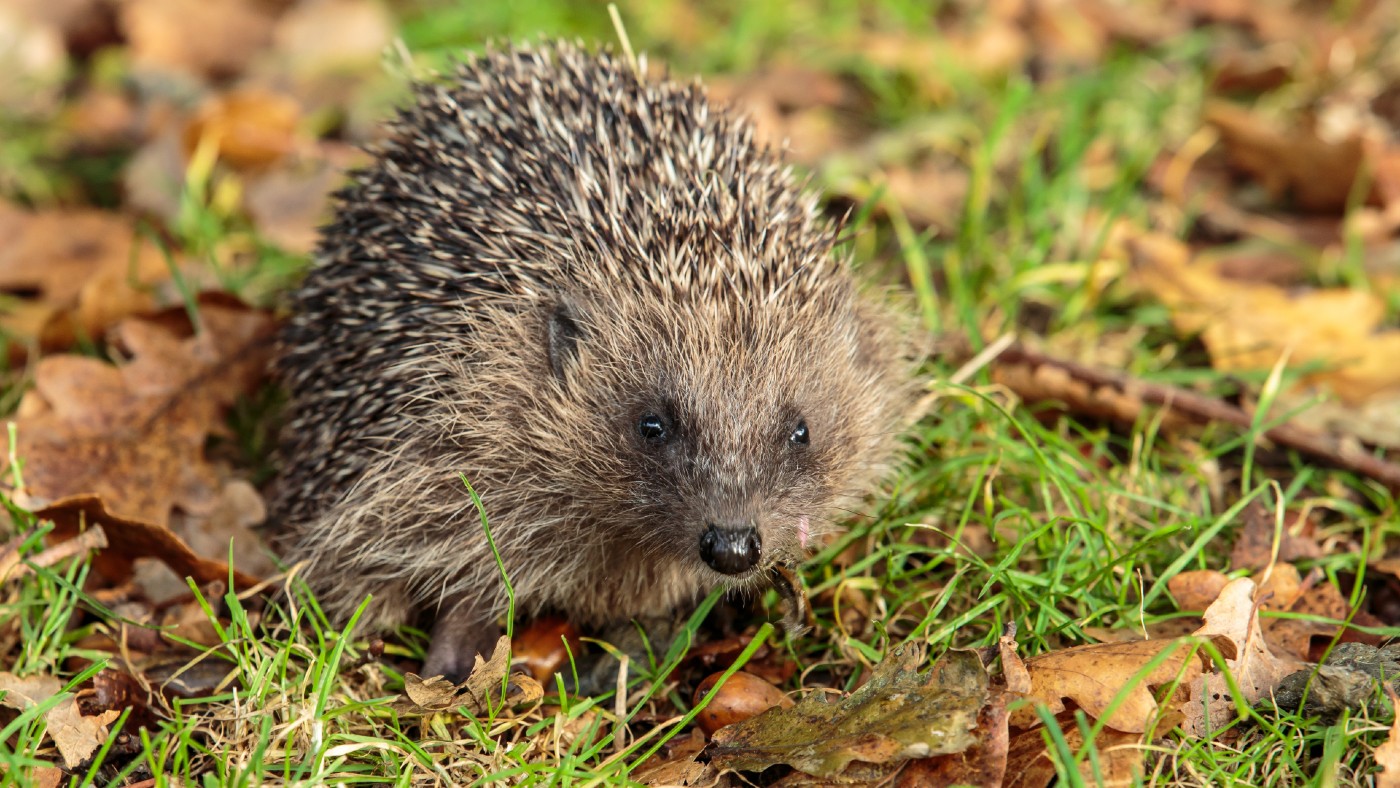
October
Hedgehogs began to flourish in the Nottinghamshire village of Keyworth thanks to a community effort to create “highways” for the animals. Residents of Dale Road cut 42 holes in their garden walls and fences to allow hedgehogs to roam. “We had a lady on the street saying that she hadn’t seen any in her garden for 30 years, and then suddenly after we drilled some holes they started appearing,” said one resident. “The hedgehogs help to build the community… and the community then helps the hedgehogs in return.”
14. Huge step forward for cancer vaccine
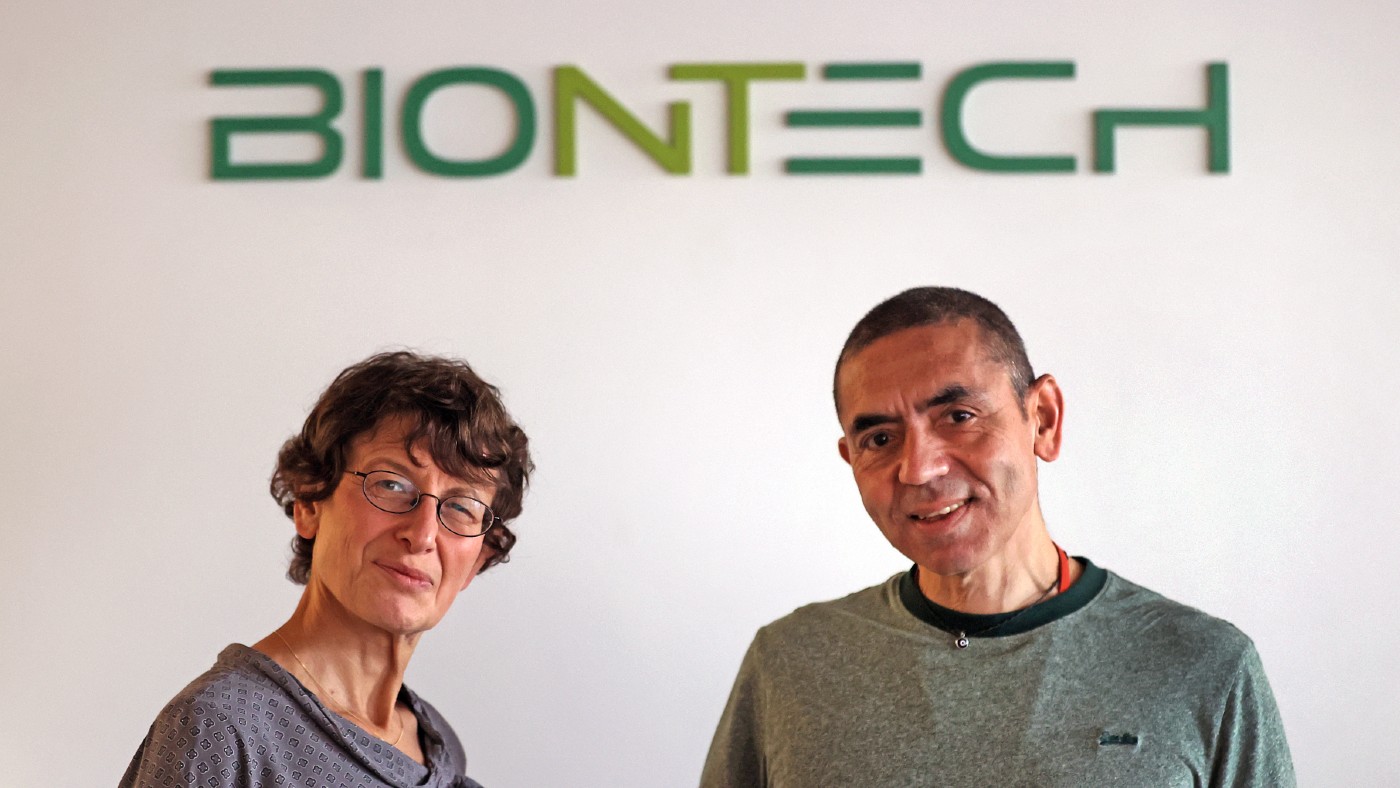
October
The co-founders of BioNTech, the German company that partnered with Pfizer to manufacture an mRNA Covid-19 vaccine, said they had made further breakthroughs that could “lead to new treatments for melanoma, bowel cancer and other tumour types”, reported the BBC. Speaking on the BBC’s Sunday with Laura Kuenssberg, Uğur Şahin said that cancer vaccines based on mRNA might be ready to use in patients “before 2030”. BioNTech co-founder Özlem Türeci told Kuenssberg that the pandemic had given the company an opportunity to learn how to manufacture mRNA vaccines faster, as well as providing a better understanding of how patients’ immune systems responded to mRNA.
15. Headband could put an end to nightmares

October
An October study found that a special headband may help eliminate recurring nightmares. Scientists found that the gadget decreased the frequency of bad dreams among people who were badly affected by them by more than 90% by recognising when a person is dreaming and intervening to change their emotions. “We observed a fast decrease of nightmares, together with dreams becoming emotionally more positive,” Lampros Perogamvros, a psychiatrist at the Sleep Laboratory of the Geneva University Hospitals, told The Times.
16. A cure for Alzheimer’s could be close
November
A cure for the most common form of dementia could be close after a drug was proven for the first time to slow the onset of the disease. A study, published in the New England Journal of Medicine in November, found that lecanemab, which is delivered as a fortnightly intravenous drip, slowed memory decline by 27% over 18 months. The treatment reverses pathological changes in the brain by locating and eliminating a toxic protein called amyloid that builds up in people with Alzheimer’s disease.
17. A brain cancer breakthrough

November
A vaccine to treat brain cancer tumours was found to have “astonishing” results in a phase-three trial. People with glioblastoma, the most common form of brain cancer, live on average only 12 to 18 months after diagnosis. But in the trial, 13% of the newly diagnosed patients who had the vaccine were still alive after five years and, on average, they lived for 19 months. By contrast, only 5.7% of the patients in a control group were alive five years after diagnosis; and on average, these patients lived for 16.5 months, according to the report in the Journal of the American Medical Association Oncology. A form of immunotherapy, the treatment works by teaching the patients’ white blood cells to recognise tumours and attack them – “almost like training a sniffer dog”, said trial investigator Professor Keyoumars Ashkan.
18. Jack Grealish’s good heart

November
England fans were puzzled when Jack Grealish performed an odd wriggly dance to celebrate his World Cup goal against Iran. Later, he revealed that he was keeping a promise to a 12-year-old fan who has cerebral palsy, said Miguel Delaney in The Independent.
Grealish had met Finlay Fisher through a charity, and he wanted to do “a nice thing” for the boy – because his little sister has cerebral palsy too, so he has a sense of what Finlay might be going through; plus he reckoned it might win Finlay new friends at school.
The footballer has a reputation for being a bit of a lad – and he admits that it is not unearned. But on the other hand, he likes doing nice things for other people. “That’s just the way I’ve been brought up. I know I’ve been brought up well. I’ve got a good heart, I think I have. Obviously I’ve done stupid stuff in my life, but I think everything that I do good is from my heart.”
19. Potatoes ‘can help you lose weight’
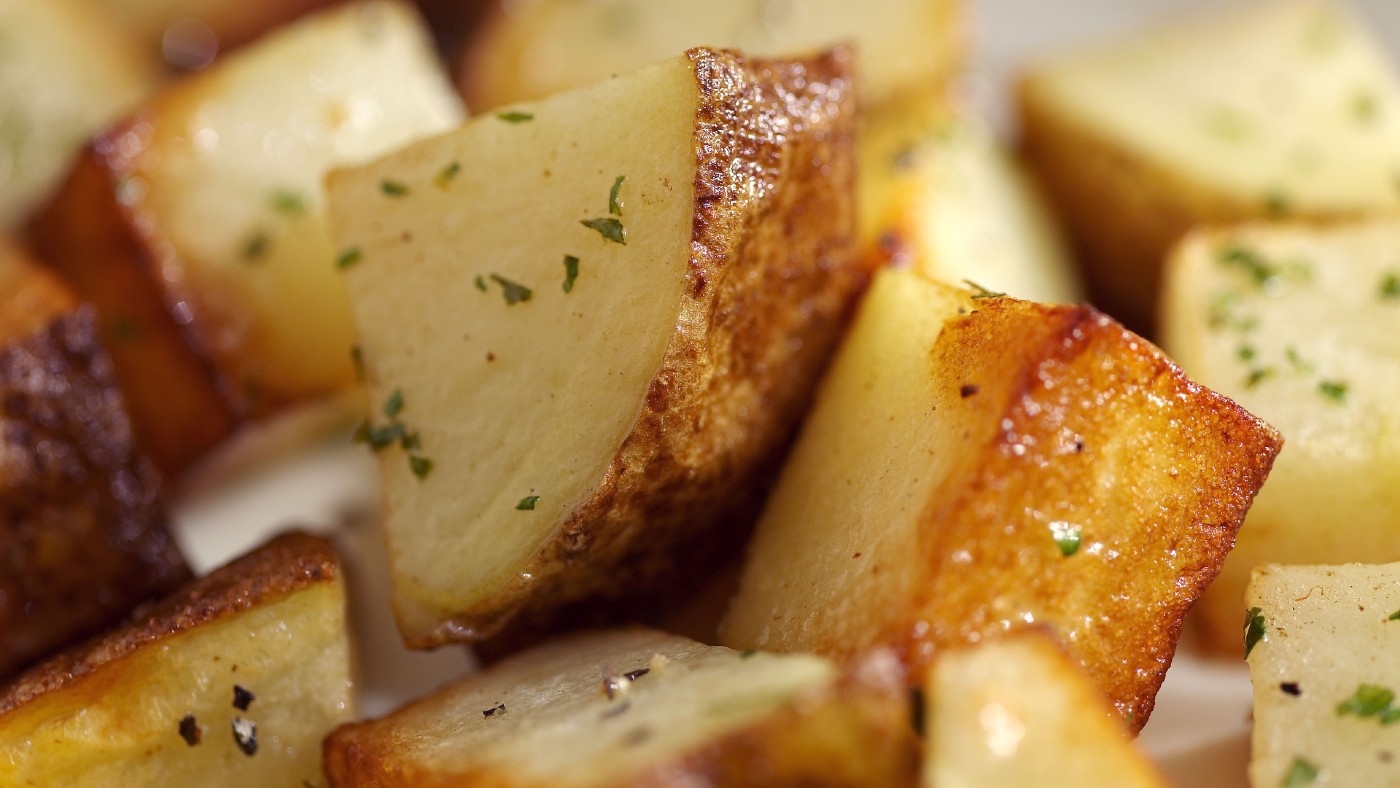
November
Some rare good news for potato lovers came in November: spuds can help you lose weight. Tubers have long been considered too starchy to be a diet food. But a new, small study in the US showed that they can help people lose weight without spiking glucose levels.
Researchers recruited 36 people, aged 18 to 60, who were either overweight, obese, or resistant to insulin. The participants were put on diets rich in vegetables, and with 40% of the meat in a typical US diet replaced with peas and beans or potatoes (in a variety of forms, including roasted wedges). After eight weeks, the potato eaters had lost roughly the same amount of weight as the pea and bean eaters (and both showed reduced insulin resistance).
A crucial factor seemed to be that the spuds were so filling, people often didn’t finish meals. “People tend to eat the same weight of food regardless of calorie content in order to feel full,” co-author Dr Candida Rebello told reporters. “By eating foods with a heavier weight that are low in calories, you can easily reduce the number of calories you consume.”
20. Veronica Ryan, 66, wins the Turner Prize
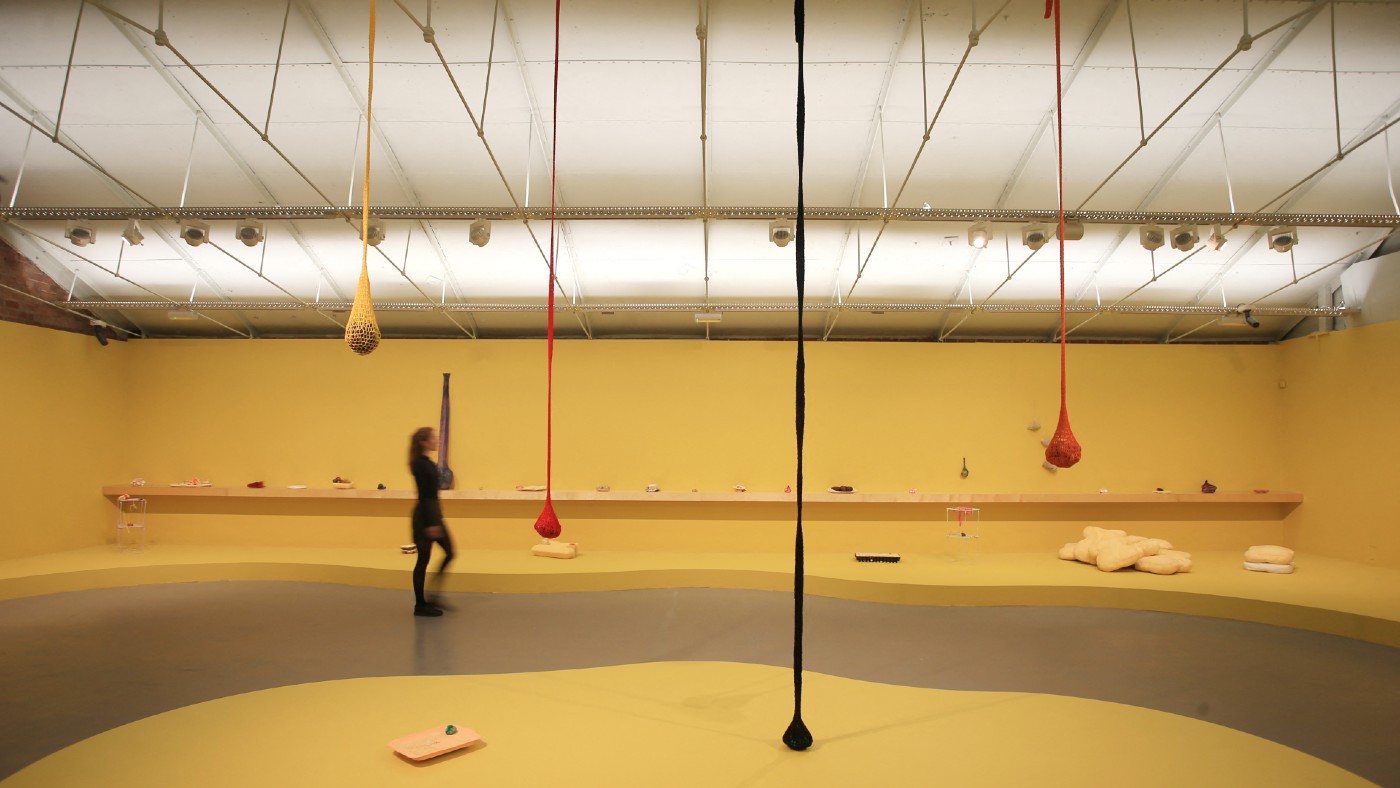
December
The sculptor Veronica Ryan, 66, won this year’s Turner Prize and became the oldest winner in the history of the award.
Ryan was born on Montserrat in the Caribbean before moving to the UK as a toddler, and her art uses the fruits, seeds and even volcanic ash from her home island. For her Windrush memorial – part of the body of work for which she won the prize – Ryan placed giant sculptures of Caribbean fruits on a street in Hackney, east London.
Her career has been “an incredible struggle” at times, she said in an interview in December. “There were 20 years, almost, when no one was paying attention to my work.”